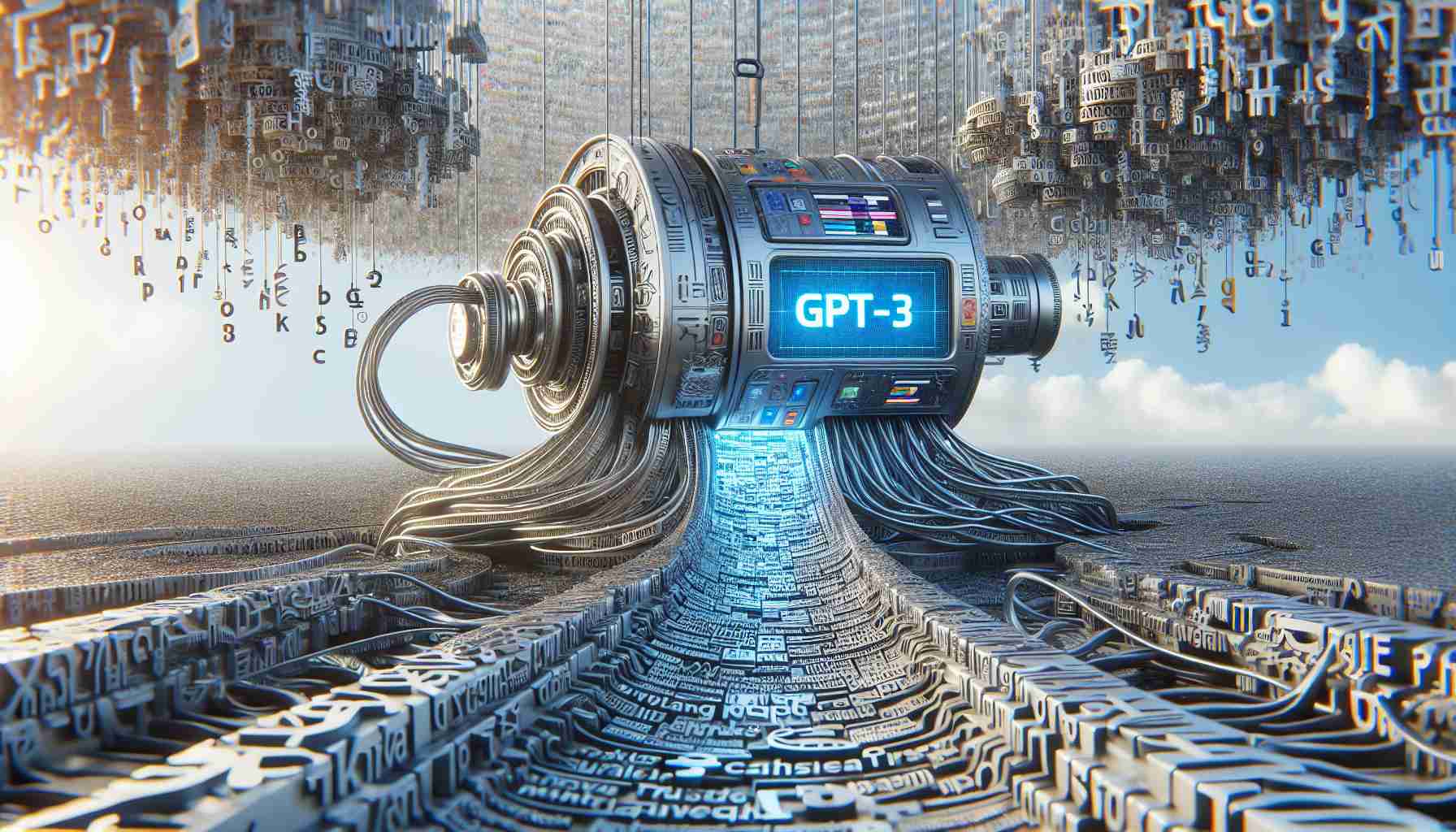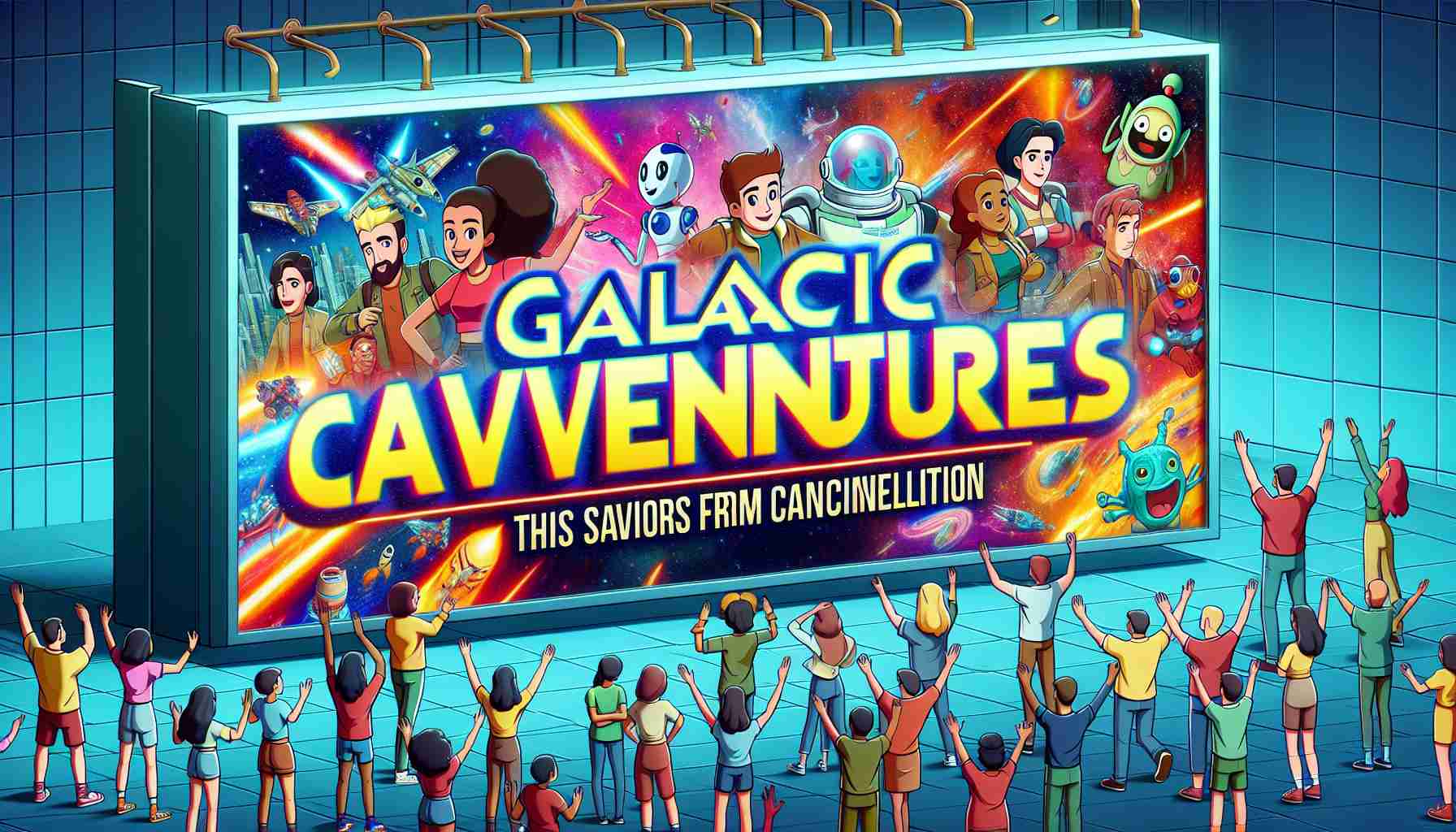The development and application of artificial intelligence have been grounds for amazement and excitement across numerous domains, and language translation is a field where significant progress has been made. One of the standout innovations in this area is OpenAI’s GPT-3, a powerful language model that has shown an impressive capacity for multilingual tasks.
GPT-3, which stands for “Generative Pre-trained Transformer 3,” is primarily known for its uncanny ability to generate human-like text. While it was not expressly designed for translation, it has proven to be remarkably adept at it. With the capacity to understand and process over a dozen languages, GPT-3’s translation capabilities extend far beyond simple word replacement. It can capture nuances, context, and tone with notable accuracy.
What sets GPT-3 apart is its sheer scale and the breadth of data it has been trained on. As one of the largest language models ever created, with 175 billion parameters, GPT-3 has a sophisticated understanding of language patterns. This detailed comprehension allows it to perform translations that retain the intended meaning and cultural context, which are often missed by traditional translation tools.
While GPT-3 isn’t a specialized translation tool like some of its counterparts, its implications for translation technology are vast. It prompts questions about the future of language services and the role of AI in breaking down language barriers. As these technologies continue to advance, the dream of seamless, real-time language translation edges ever closer to reality.
How AI Like GPT-3 Transforms More Than Just Translation
The evolution of AI-driven technology has sparked innovation across many sectors beyond its marvelous feats in language translation. This shift is dramatically changing how people, communities, and countries interact and share information. Let’s explore some potential impacts and controversies surrounding AI advancements like GPT-3.
Global Business Expansion: Multilingual capabilities offered by AI models like GPT-3 significantly enhance global business communication. Companies can penetrate new markets faster by communicating effectively in local languages, bridging cultural gaps, and fostering trust. This democratizes business opportunities and invites more diverse players to participate on the international stage.
Educational Empowerment: AI’s translation abilities open up access to educational resources in multiple languages. Students worldwide can learn from textbooks, research papers, and lectures that were previously locked behind linguistic barriers. This fosters a broader understanding and promotes equitable learning opportunities.
Impact on Employment: With growing proficiency in tasks like translation, AI technologies pose questions about the future of certain jobs. What will happen to professional translators, and how can they adapt to this AI-driven landscape? While some see it as a threat, it could also lead to new roles focusing on augmenting AI tools with human insights.
Privacy Concerns and Ethical Dilemmas: As AI processes vast amounts of data, concerns about privacy and data security emerge. How do we ensure that this sensitive information is used ethically and kept secure from misuse?
As AI technology like GPT-3 continues to develop, its applications and implications will undoubtedly expand. For more insights into AI developments, visit OpenAI.
These advancements compel us to reflect on how we can balance technological growth with societal needs. Are we prepared for the transformations AI promises?






















